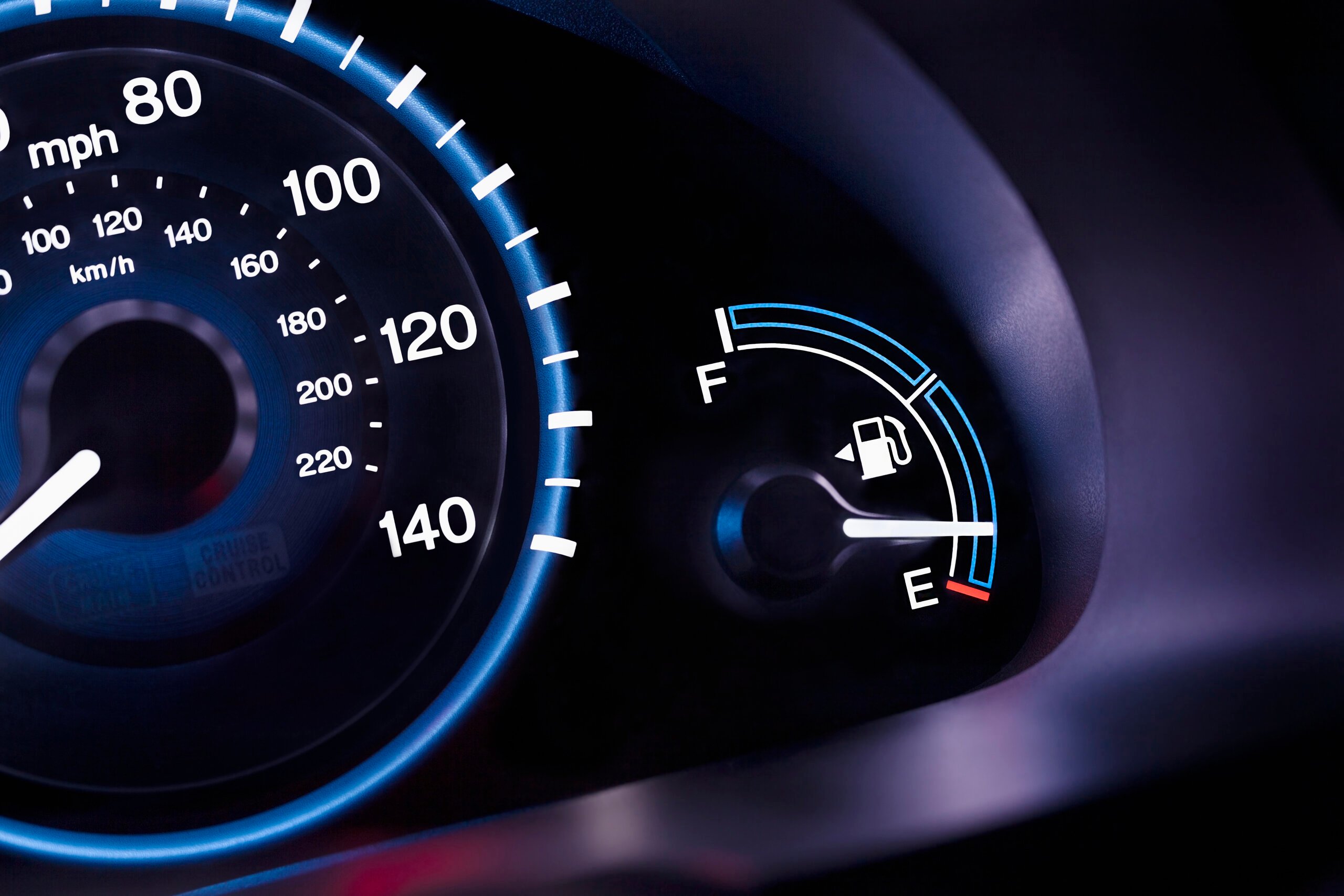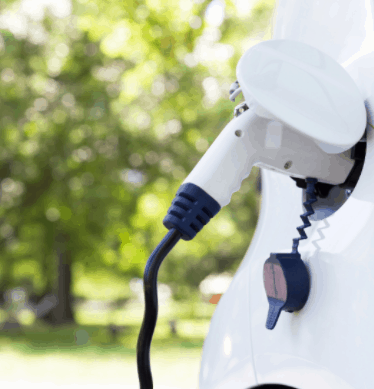Fuel efficiency is a top priority for many vehicle owners, and optimizing your vehicle’s powertrain with the right components can lead to significant improvements in this area. With the ever-evolving technology in engines, transmissions, and rear ends, identifying the best parts to enhance your vehicle’s fuel economy can be challenging. As an industry-leading auto recycling facility committed to providing quality parts, superior customer service, and the best warranty in the industry, we understand the importance of offering fuel-efficient powertrain components to help vehicle owners save money and reduce their environmental impact.
In this blog post, we will discuss various factors to consider when selecting engines, transmissions, and rear ends that can improve your late model vehicle’s fuel efficiency. From exploring engine technologies like turbocharging, direct injection, and variable valve timing, to comparing fuel-efficient transmission types, we will provide valuable insights that will help you make the best choices when upgrading your vehicle’s powertrain.
Additionally, we will emphasize the importance of partnering with a reputable auto recycling facility like ours for your fuel efficiency upgrade needs. Our extensive inventory guarantees that you’ll find the right fuel-efficient powertrain components for your vehicle. We offer exceptional customer service and unparalleled warranty protection, giving you confidence in the quality and performance of the parts we provide.
Stay with us as we delve into the intricacies of powertrain components and their impact on fuel efficiency, educating you on the best practices for optimizing your late model vehicle’s performance while keeping your fuel consumption to a minimum.
Engine Technology: Key Factors for Fuel Efficiency
Turbocharging, Direct Injection, and Variable Valve Timing
Modern engine technologies can greatly impact fuel efficiency. Turbocharged engines use exhaust gases to propel turbine-driven compressors, increasing intake air density and providing more power without compromising fuel economy. Direct injection delivers fuel directly into the combustion chamber, resulting in more precise fuel distribution and a cleaner burn with fewer emissions. Variable valve timing adjusts the opening and closing of engine valves, which optimizes performance across the entire RPM range, reducing fuel consumption. When selecting a fuel-efficient engine, look for these technologies to ensure optimal performance and fuel economy.
Considering Engine Displacement and Efficiency
Engine displacement affects both power output and fuel consumption. Smaller engines typically have better fuel efficiency, as they consume less fuel to generate power. However, larger engines can provide more torque and better performance under heavy loads or demanding driving conditions. When choosing an engine for fuel efficiency, consider your specific needs and driving habits, balancing the need for power and performance with fuel conservation.
Fuel-Efficient Transmissions: CVT vs. DCT
Continuously Variable Transmissions (CVT)
CVT is an automatic transmission that uses an infinitely adjustable gear ratio, providing seamless power delivery and optimal fuel efficiency. CVTs help the engine maintain efficient RPMs during acceleration and deceleration, allowing your vehicle to extract maximum performance from its engine without wasting fuel. When considering a fuel-efficient transmission, a CVT can be an excellent choice for many late model vehicles.
Dual-Clutch Transmissions (DCT)
DCT is a type of automatic transmission that uses two separate clutches for odd and even gears. This configuration enables rapid gear changes, resulting in improved performance and fuel efficiency. DCTs combine the best elements of manual and automatic transmissions, offering smooth shifting and reduced fuel consumption. If you are looking for a transmission that can provide both performance and fuel efficiency, consider a dual-clutch transmission for your upgrading needs.
Rear Ends: Selecting a Differential for Better Fuel Economy
Understanding the Impact of Differential Configurations on Fuel Efficiency
The rear end, or differential, is responsible for distributing engine torque to the drive wheels. Different rear end configurations can influence fuel economy by impacting vehicle acceleration, top speed, and overall performance. When selecting a rear end for improved fuel efficiency, it’s important to understand how differential configurations and gear ratios can affect your vehicle’s performance.
Identifying the Ideal Gear Ratios for Better Fuel Economy
Lower gear ratios allow for quicker acceleration but can result in higher RPMs at highway speeds, leading to increased fuel consumption. Conversely, higher gear ratios provide improved fuel efficiency at highway speeds by keeping the engine RPMs lower. To select a rear end that balances performance and fuel economy, consider your driving habits and typical driving conditions. For drivers who spend a significant amount of time on the highway, opting for a rear end with a higher gear ratio can provide notable fuel efficiency improvements.
Partner with Us for Fuel-Efficient Powertrain Components
Optimizing your vehicle’s powertrain for fuel efficiency is an investment that can save you money in the long run. By partnering with us, you can expect:
– A vast selection of fuel-efficient engines, transmissions, and rear ends suitable for late model vehicles
– Expert guidance from our team in choosing powertrain components that cater to your vehicle’s specific fuel efficiency needs
– Confidence in the quality of the parts we offer, backed by our industry-leading warranty
– Superior customer service and support throughout the decision-making and purchasing process
Conclusion
Enhancing your late model vehicle’s fuel efficiency requires careful consideration of powertrain components like engines, transmissions, and rear ends. Understanding the role of advanced engine technologies, fuel-efficient transmission types, and ideal rear end configurations can help you identify the best parts to upgrade your vehicle for performance and fuel economy. Partner with us to find the right powertrain components that boost your vehicle’s fuel efficiency, achieve the perfect balance between performance and conservation, and enjoy long-term savings on fuel costs. Get your used parts in Houston at Airline Auto Parts.










